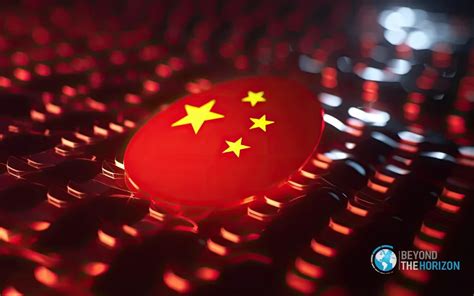China’s recent achievement in landing the Chang’e 6 sample-return probe on the far side of the moon is a significant milestone in space exploration, reflecting China’s growing capabilities in science and technology. The mission, which aims to collect samples and return them to Earth, showcases China’s technical prowess and determination to explore beyond the known frontiers. This landmark accomplishment has led many to question whether China is emerging as the new global superpower, potentially rivaling or even surpassing the United States. Yet, the conversation around this achievement transcends mere technological prowess, delving into the broader geopolitical implications of such a feat.
Several observers argue that while China’s achievement is impressive, it doesn’t necessarily signify a shift in global power dynamics. Historically, the United States has maintained a strong presence in space, beginning with the Apollo missions and continuing with NASA’s numerous exploratory missions. Notably, private companies like SpaceX are pivotal in keeping the US ahead in the space race. SpaceX’s advancements in reusable rocket technology and ambitious goals for Mars colonization exemplify the competitive edge the US still holds. The argument here is that China, despite its rapid progress, is still catching up to the extensive groundwork laid by the US in space exploration over the past several decades.
Conversely, others argue that regardless of whether China has ‘surpassed’ the United States, this milestone marks China’s steady ascension in the realm of global superpowers. China’s pragmatic approach to space exploration involves substantial investment in technology and infrastructure, along with strategic international collaborations. Unlike the American model, which often involves high-profile but sometimes short-lived ventures, China’s strategy appears to be one of steady and sustainable growth. Their ambitious initiatives including the construction of the Tiangong space station and plans for lunar bases highlight their long-term vision for space dominance.
The discussion also touches on broader geopolitical strategies. Unlike the US, China has largely avoided direct military conflicts in recent decades, opting instead for economic and technological expansion. This strategy is apparent in their ‘Belt and Road’ initiative, which has significantly extended China’s global influence through infrastructure development and investments in developing countries. Some commentators suggest that China’s ascension as a global superpower is not just through space but through comprehensive geopolitical maneuvers that include controlling strategic points such as the South China Sea. The Chinese government’s ability to invest heavily in technological advancements and assert control over critical regions without engaging in prolonged conflicts sets a distinct contrast from the American approach.
China’s ability to maintain pace with, and in some ways, lead technological advancements is also evident in other sectors. For example, China’s investment in electric vehicles (EVs), solar power, and robotics demonstrates its commitment to leading in emerging technologies. This dedication could place China in an advantageous position in the coming decades, particularly if they continue to mitigate risks and strategically invest in future technologies. The recent successes in their space program are just one facet of China’s broader strategy to become a global leader. Similarly, the U.S. must acknowledge this shift and adapt its strategies accordingly, not just in space exploration but in technology and international diplomacy.
As we witness this dynamic shift in global power structures, it’s essential to consider the long-term implications of China’s success in space exploration and other technological arenas. While the debate continues on whether China has indeed surpassed the United States, what’s undeniable is that China’s trajectory is upward. Both countries’ strategic choices in the coming years will heavily influence global geopolitics and technological progress. The Chang’e 6 mission is a milestone, but it is also a reminder of the ongoing competition that drives humanity forward in the pursuit of knowledge and power. The future of space exploration holds incredible potential, and perhaps this competition will spur even greater innovations, benefiting all of humanity.


Leave a Reply